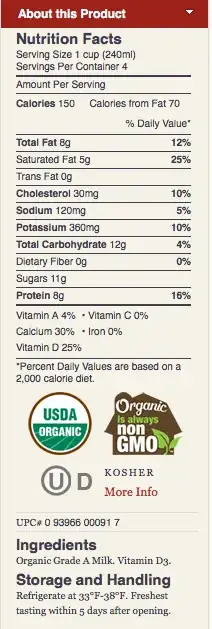If milk is not enriched with vitamin D, it usually contains very little when straight from the cow. This can vary based on the cow's diet and the breed of cow along with other factors.
To find out whether whole milk in your country has added vitamin D, you will need to read the labels on the milk you buy. If it's not mandated by your government, each brand may be different. Generally, if vitamin D is added, it will be listed in the ingredients list and on the nutrition panel under "vitamins".
From the UK dairy council page:
There are two sources of vitamin D, it is made in the skin by exposure to sunlight and there are a few dietary sources, such as oily fish, eggs, and fortified foods including margarine (which is required by law to contain vitamin D), some yogurts and breakfast cereals. There is very little vitamin D in milk and in fact only trace amounts and in the UK milk is not fortified with vitamin D.
From an organic US dairy:
Vitamin D: We add vitamin D to all Organic Valley fluid milks, with the exception of some specialty milk products. Vitamin D is naturally present in milk, but it can be low due to several factors like cow breed, seasonal exposure to sunlight, diet, and lactation. For confirmation, please reference the ingredient label.
From the Nutrition Facts on their "Grassmilk" page (which they state does not have added Vitamin D) you can see that it isn't even included on the chart:

If you compare this to the nutrients panel for their regular whole milk, it contains 25% RDV of Vitamin D and the ingredients list includes "Vitamin D3".


